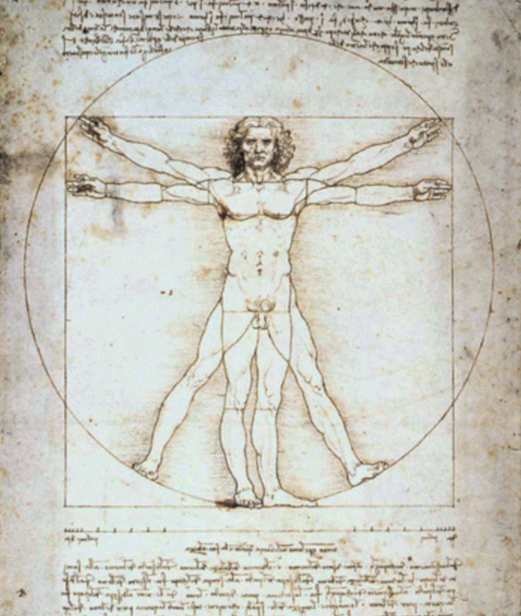There was a heresy that sprung up in the 2nd Century called Docetism. The name comes from a Greek word which means “to seem,” and it referred to the belief that it only “seemed” that Jesus came to earth in bodily, fleshly form.
Jesus’ bodily presence is important in the wilderness narrative because the temptations are only so because of the way they appeal to someone who has the embodied capacity for hunger, sight, and egotism. Someone who is not here bodily would not find these temptations tempting.
This is important because Jesus’ mission would be diminished in its scope IF Jesus had not come in the body. Why? Because it was the in the body that the Tempter had to be met and defeated. In the same form as the first humans who, because of their desire for autonomy, gave in to Satan’s temptation
When Paul wrote to the Galatians about the dichotomy of flesh and spirit, he was talking directly about an en-fleshed world. He described the works of the flesh (he means embodiment) as inclinations that can only be committed by human beings: all kinds of sexual excesses, violence against other human beings, and total lack of personal discipline.
Even the fruit of the Spirit are human virtues that are exercised in community with other human beings. God created human beings to live fully in the experience of their humanness. The fact that there is a “works of the flesh” versus “fruit of the Spirit” does not mean a world that is split into yin and yang, good and bad, but rather that human beings used their freedom to live with abandon.
Human history has had it moments when people did not understand that God created us to be fully human. Some theologians believe the first sin was sexual in nature, that God did not intend for humans to enjoy one another’s bodies. At other times, humans have worn hair shirts and deprived themselves of all good things of the earth. Even sleeping on uncomfortable beds.
Perhaps the most embodied thing that Jesus did during his ministry was to turn the water to wine. Not cheap wine but good wine that would satisfy the palates of vinophiles at the wedding. The wedding steward said, “This wine tastes like the good stuff normally poured at the beginning of the wedding.”
The wilderness was a reset. Well, maybe not for Jesus, but for us! In the wilderness the contrasts between flesh and the world of the Spirit are stark. No waste, no competition, no coveting or lust, What the Creator created us to be and to love came into focus in the body.
Incarnated, enfleshed Son of God, you have done what no one else could have done – crashed into the world of sin and death and proved that it has no ultimate dominion over humans. You did this in the full humanity of the man Jesus. We are heartened by that and long to live in the beauty of this earth without the tensions and perversions of human excess. Thank you for paving the way and showing us how. We pray. Amen.

